By Nancy Berman
Everyone’s a critic, but some critics get it wrong when it matters most. Take Kaiser Joseph II, enlightened emperor of the vast and powerful Austro-Hungarian Empire. After hearing Mozart’s Abduction from the Seraglio, a work he himself had commissioned, the emperor said what many thought: "Too many notes, my dear Mozart!" And he has, perhaps unfairly, paid the price for criticizing unarguable genius.
But the Kaiser was only one in a long line of critics who got it wrong. In the early 13th century, French music theorist Jacobus de Liège saw fit to write a few volumes criticizing the imperfections of ars nova, the modern music movement, and in the late 16th century Claudio Monteverdi endured the wrath of Giovanni Maria Artusi, who accused him of playing fast and loose with the rules of composition.
But things really got crazy in the 19th century, when music was considered the highest of all art forms, and the purple prose of critics oftentimes outshone the complicated bombast of composers, a trend that continued into the 20th century. Herewith, 11 great composers who were panned by the critics.
1. Ludwig van Beethoven
Although revered, Beethoven was an easy target, especially in his later years when deafness had set in. About the Ninth Symphony, Verdi proclaimed, "No one will ever approach the sublimity of the first movement, but it will be an easy task to write as badly for voices as is done in the last movement," and Stravinsky: "'The Ninth' is sacred, and it was already sacred when I first heard it in 1897. I have often wondered why."
But perhaps no one was as maniacal as this (unnamed) critic writing about the surely inoffensive Second Symphony, in 1804 in the Zeitung für die Elegente Welt: "Beethoven’s Second Symphony is a crass monster, a hideously writhing wounded dragon, that refuses to expire, and though bleeding in the Finale, furiously beats about with its tail erect."
(Source: Lexicon of Musical Invective: Critical Assaults on Composers Since Beethoven's Time by Nicolas Slonimsky)

2. Hector Berlioz
People loved to hate Berlioz, but no one seems to have hated him more than the American lawyer and diarist George Templeton Strong, who called the Overture to King Lear "mere rubbish and rot. Shakespearean overtures by galvanized anthropoid Parisians are becoming a nuisance," and compared Le Carnaval romain to "the caperings and gibberings of a big baboon, overexcited by a dose of alcoholic stimulus."
(Source: Lexicon of Musical Invective: Critical Assaults on Composers Since Beethoven's Time by Nicolas Slonimsky)
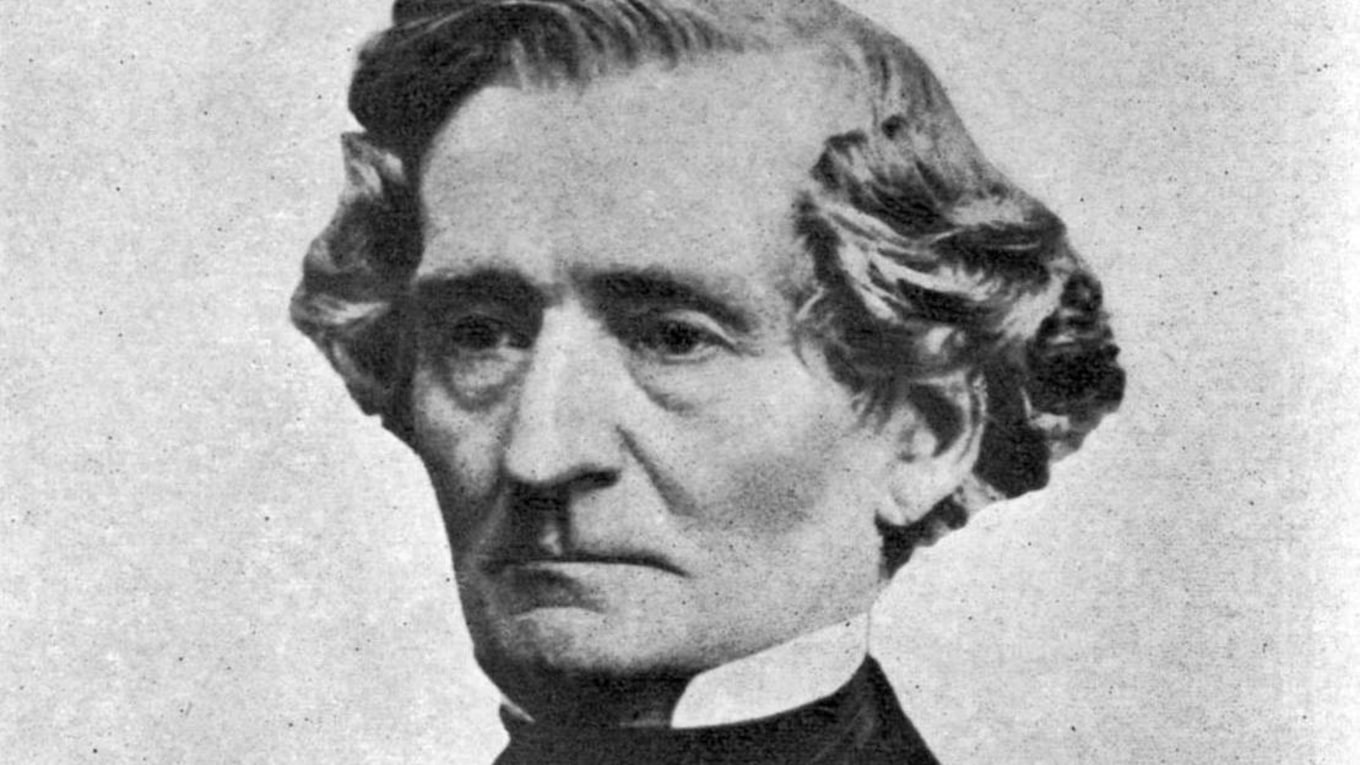
3. Johannes Brahms
Composers were the cruelest critics, especially when it came to Brahms. His Russian rival Tchaikovsky wrote in his diary on Oct. 9, 1886: "I played over the music of that scoundrel Brahms. What a giftless bastard! It annoys me that this self-inflated mediocrity is hailed as a genius."
Hugo Wolf wasn’t a fan either. After hearing Brahms himself play his Piano Concerto in B-flat major, Wolf wrote, "Who can swallow this concerto with appetite, can calmly await a famine; it is to be assumed that he enjoys an enviable digestion, and in time of famine will be able to get along splendidly on the nutritive equivalent of window glass, cork stoppers, stove pipes, and the like."
And Edward Lorne, writing in Fanfare in London in 1922 didn’t mince words: "Art is long and life is short: here is evidently the explanation of a Brahms symphony."
(Source: Lexicon of Musical Invective: Critical Assaults on Composers Since Beethoven's Time by Nicolas Slonimsky)
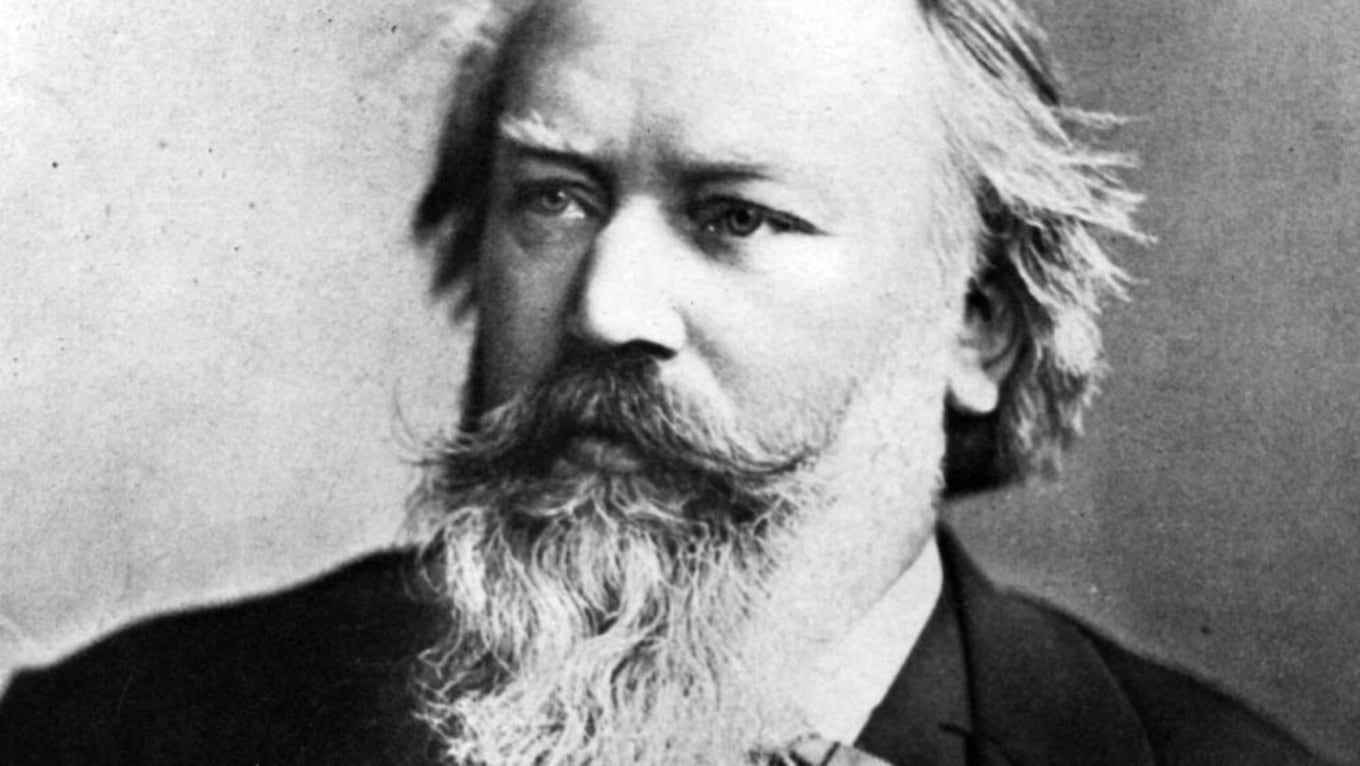
4. Anton Bruckner
Several critics had rather inexplicable visceral reactions to Bruckner’s symphonies. Gustav Dömpke, writing in the Wiener Allgemeine Zeitung on March 22, 1886, got a little personal about Bruckner’s music: "We recoil in horror before this rotting odor which rushes into our nostrils from the disharmonies of this putrefactive counterpoint. His imagination is so incurably sick and warped that anything like regularity in chord progressions and period structure simply do not exist for him. Bruckner composes like a drunkard!" Sheesh.
(Source: Lexicon of Musical Invective: Critical Assaults on Composers Since Beethoven's Time by Nicolas Slonimsky)
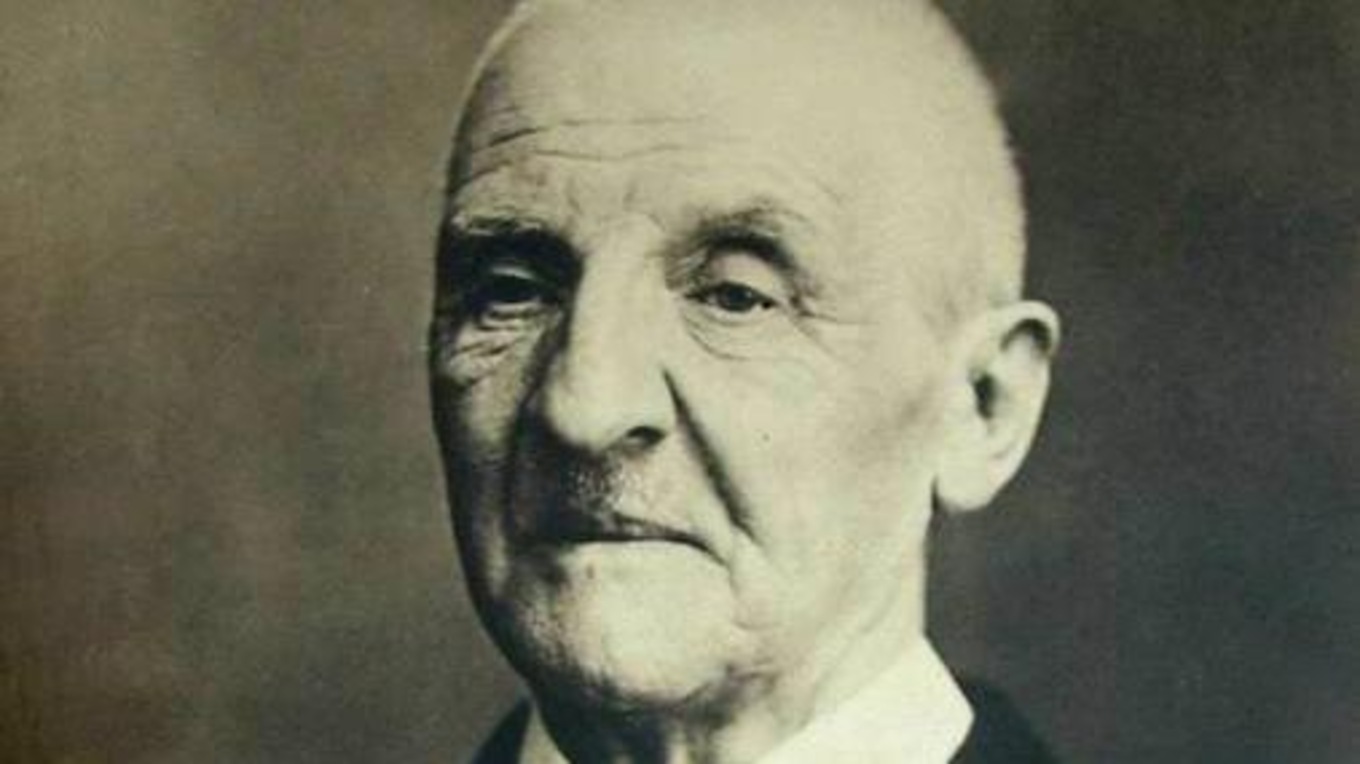
5. Claude Debussy
Who could possibly dislike the lovely Prelude to the Afternoon of a Faun by Debussy? Louis Elson, that’s who. Writing in the Boston Daily Advertiser in 1904, he characterized the masterpiece as "a strong example of modern ugliness. The faun must have had a terrible afternoon, for the poor beast brayed on muted horns and whinnied on flutes, and avoided all trace of soothing melody, until the audience began to share his sorrows."
(Source: Lexicon of Musical Invective: Critical Assaults on Composers Since Beethoven's Time by Nicolas Slonimsky)

6. George Gershwin
Even Gershwin doesn’t escape the critic’s wrath. Herbert F. Peyser, writing in the New York Telegram on Dec. 14, 1928, calls An American in Paris "nauseous claptrap, so dull, patchy, thin, vulgar, long-winded and inane, that the average movie audience would be bored by it.... This cheap and silly affair seemed pitifully futile and inept."
(Source: Lexicon of Musical Invective: Critical Assaults on Composers Since Beethoven's Time by Nicolas Slonimsky)
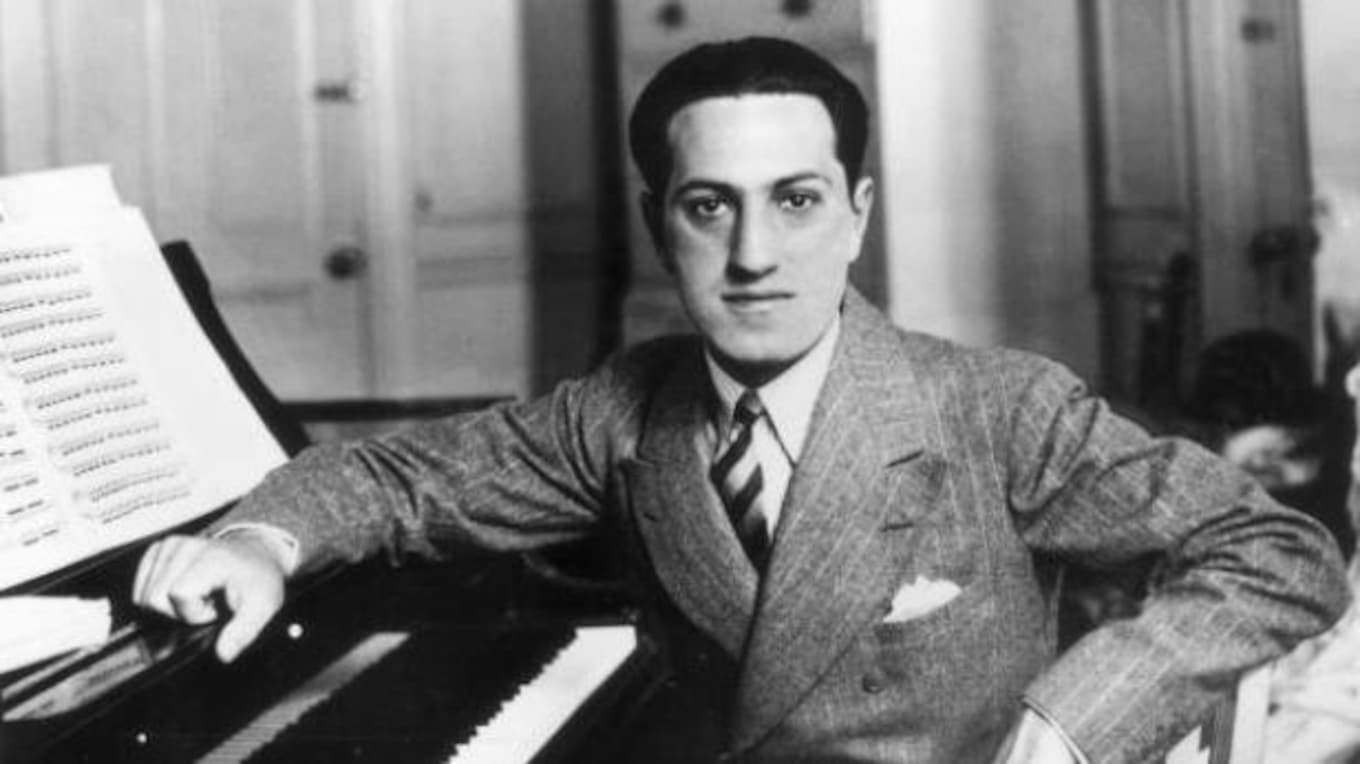
7. Franz Liszt
Liszt’s music was seen by some as a veritable threat to humanity: "Composition indeed! — decomposition is the proper word for such hateful fungi, which choke up and poison the fertile plains of harmony, threatening the world with drought," wrote an English critic in Musical World in 1855.
And the high-profile German critic Eduard Hanslick wrote of the great B-minor Piano Sonata: "It is impossible to convey through words an idea of this musical monstrosity. Never have I experienced a more contrived and insolent agglomeration of the most disparate elements.... Who has heard that, and finds it beautiful, is beyond help."
(Source: Lexicon of Musical Invective: Critical Assaults on Composers Since Beethoven's Time by Nicolas Slonimsky)

8. Gustav Mahler
Mahler often had a rough time with the critics; thankfully he could more or less rely on his day job as a conductor. His Fourth Symphony was bestowed with this epithet in the Musical Courier in New York in 1904: "The drooling and emasculated simplicity of Gustav Mahler! ... There is nothing in the design, content or execution of [the Fourth Symphony] to impress the musician, except its grotesquerie.... The writer of the present review frankly admits that ... to him it was one hour or more of the most painful musical torture to which he has been compelled to submit."
(Source: Lexicon of Musical Invective: Critical Assaults on Composers Since Beethoven's Time by Nicolas Slonimsky)

9. Sergei Rachmaninoff
Rachmaninoff was thrown into a serious depression by the bad reviews of his First Symphony, and the reviews of his Fourth Piano Concerto weren’t much better. But perhaps no one was more to the point than Pitts Sanborn, who wrote that Rhapsody on a Theme of Paganini sounded like "a plague of insects in the Amazon valley, sometimes like a miniature of the Day of Judgment ... and for a change goes lachrymose."
(Source: Lexicon of Musical Invective: Critical Assaults on Composers Since Beethoven's Time by Nicolas Slonimsky)
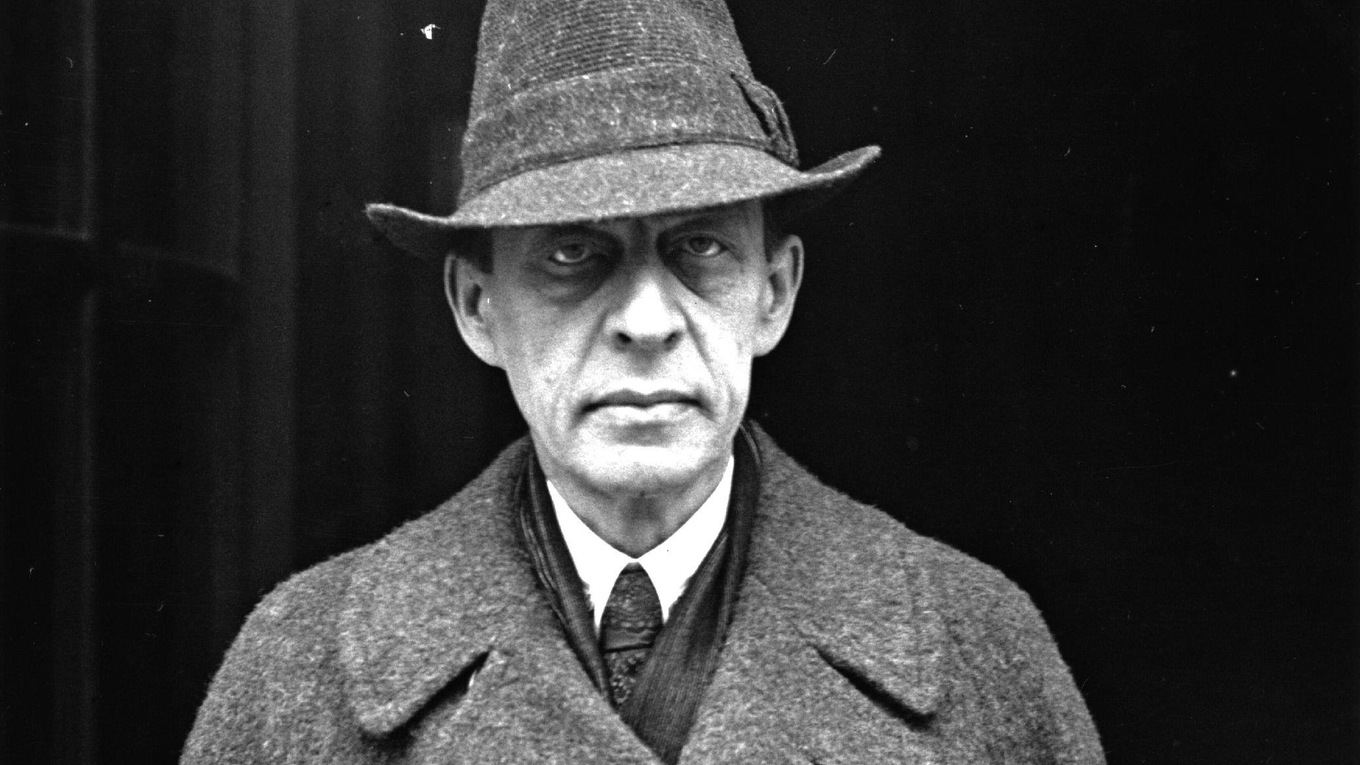
10. Pyotr Ilyich Tchaikovsky
Tchaikovsky endured his fair share of undeserved bad reviews, but this one takes the cake: "Tchaikovsky’s First Piano Concerto, like the first pancake, is a flop." (Nicolai Soloviev, Novoye Vremya, St. Petersburg, Nov. 13, 1875.)
(Source: Lexicon of Musical Invective: Critical Assaults on Composers Since Beethoven's Time by Nicolas Slonimsky)
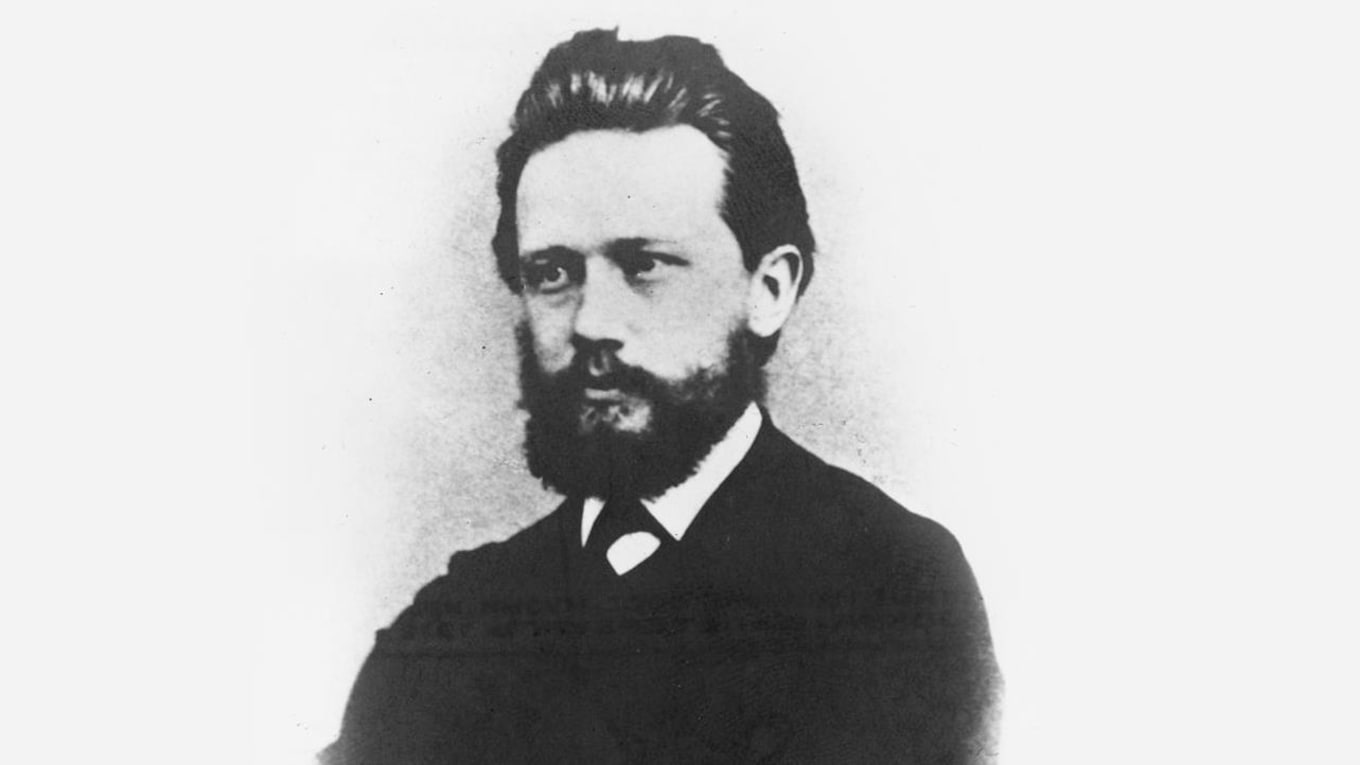
11. Richard Wagner
Wagner was perhaps the most criticized composer of all time. The German theorist, teacher and composer Moritz Hauptmann, perhaps a little prematurely, declared, "I do not believe that a single composition of Wagner will survive him," and Berlioz wrote to a friend, "Wagner is evidently mad." Hanslick compared the Prelude to Tristan and Isolde to a "painting of a martyr whose intestines are slowly unwound from his body on a reel," and the French writer Prosper Mérimée said of Tannhäuser: "I could write tomorrow something similar, inspired by my cat walking down the keyboard of the piano."
(Source: Lexicon of Musical Invective: Critical Assaults on Composers Since Beethoven's Time by Nicolas Slonimsky)


